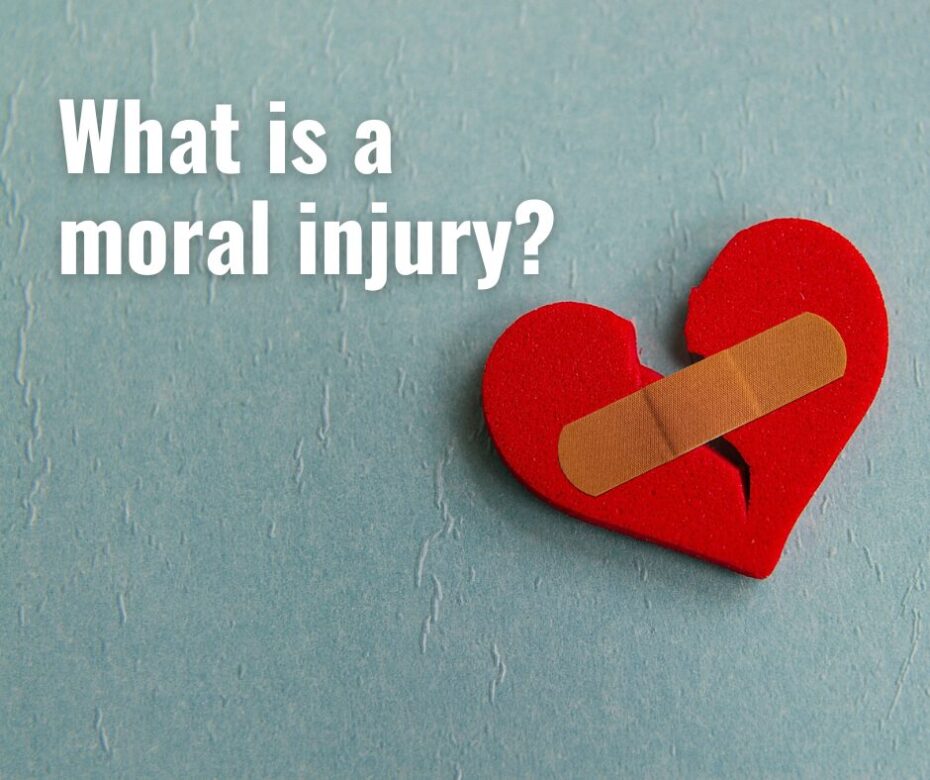GES conducted its annual conference May 20-23. The theme was 1 and 2 Peter. The main sessions all dealt with a passage in one of those two NT books. In order to give those who were not able to attend a taste of what happens at these conferences, I’ll briefly summarize, in three different blogs, what three of the speakers said. I hope these blogs will give a glimpse of the importance of 1 and 2 Peter, and will perhaps lead some to attend the conference next year if the Lord delays His coming. All these messages can soon be found at GES’ website, faithalone.org.
In the first two blogs, I addressed the topics of two of the main sessions. However, the conference also has breakout sessions at which speakers can deal with issues not necessarily related to the conference theme. Attendees can choose from among three topics. To give a taste of what these are like, I’ll describe one of them.
Ellie Stratham spoke at one of these breakout sessions. She is the wife of Dan, a former special operations soldier. Together, they minister to the military and first responders. Ellie is a licensed psychiatrist and the author of Unshackled: Finding God’s Freedom from Trauma. It was published under her maiden name, Elizabeth Stevens.
Ellie’s presentation was entitled “How to Heal from Moral Injury in Ministry.” She pointed out that as Christians we can be injured by others. This happens when we are rejected by those we trust or by those to whom we minister. For example, they can wrong us, speak ill of us, or abandon us.
The results of this kind of injury have physical consequences. In that sense, moral injury is like physical trauma. Moral injury often leads to depression, isolation, bitterness, or even suicidal thoughts. It is similar to the post-traumatic stress disorder (PTSD) that many soldiers experience because of what happens to them in combat. It can be debilitating. In some cases, medication is needed to deal with the consequences.
Obviously, with her level of knowledge and expertise, Ellie had to tone it down for those of us without a medical degree. She did a great job. She related how Elijah went through this. He went to the Nation of Israel in order to help the people. At a great cost, he pointed them back to the worship of God. He demonstrated the truth of his message in many ways–perhaps most dramatically by destroying the prophets of Baal on Mount Carmel. It was a mighty display of the power of the God of Israel and the falsehood of Baal worship.
How did the nation repay his service? The people did not listen or repent. The king and queen sought his life. He felt the need to flee. He felt like a failure and wanted to die.
To various degrees, we all experience moral injury. How do we deal with it? In some cases, we must accept it. The person who injured us may no longer be alive or may not want to deal with what they have done. In such cases, the power of God will give believers the ability to deal with the moral injury in a spiritually healthy way if we take advantage of His Spirit and Word. If the person who injured us is alive and willing, reconciliation and forgiveness come into play.
Ellie had a great discussion on the difference between the way secular psychiatry sees forgiveness and the way the Bible does. Unfortunately, many believers see forgiveness in a way that is very similar to the secular view. Ellie rightly pointed out that forgiveness cannot occur when there is no restoration of fellowship. Forgiveness is not just forgetting what happened and acting as if it never occurred. When Christians do that, they are not dealing with the moral injury. It is unhealthy.
This breakout session was well-attended. It was fascinating to hear somebody with Ellie’s qualifications, who is solidly Free Grace and devoted to God’s Word, talk about forgiveness and reconciliation from her perspective and experience. I’m sure she will read my words here and think I could have said it more clearly! The great news is that the message will be posted on the GES website and you can listen to her presentation yourself. No doubt, you will agree with her assessment that I could have said it better. Better still, you will learn a lot more than I have related to you.


